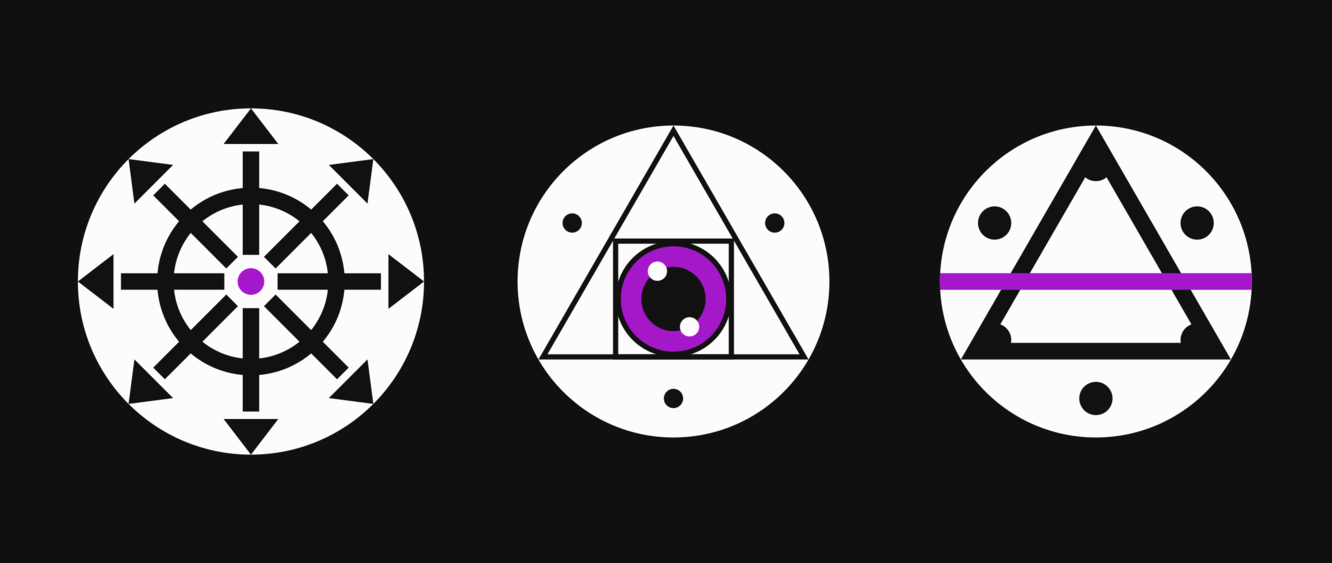
A German court has just declared a "Do Not Track" #DNT signal from your browser as legally binding, pursuant to Article 21(5) #GDPR. https://www.vzbv.de/urteile/gericht-untersagt-datenschutzverstoesse-von-linkedin
Useful bit of #JavaScript code I keep handy in my devtools buffer:
```
document.body.parentElement.style.filter = "invert()"
```
This will apply a color inversion filter on an entire page so that you can force a dark mode on sites that don't ssupport it. (e.g. Google's suite)
The nature of life right now is that you can wake up on any given day and discover that a giant corporation or maybe just one very rich man has taken something important away from you,
and there's nothing you can do about it,
and there will be no consequences for them at all
@jalcine @ajroach42 So! I helped operate one of the _early_ wireless ISPs (1996) and I have thought about this a _lot_.
I think it looks like a discord, more or less. That's the right social shape. Possibly several discords, since towns are too big to have cohesive _single_ social structures.
It looks like a library, too. Or a shared network drive. Or a simple web page. Maybe that looks like dropbox.
You need more radios than that if you're using wifi. The blind client problem is a _huge_ problem over larger-than-building-size distances: wifi nodes will talk all over each other if they can't hear their peers (which if you add distance or directional antennas, becomes true)
But it's still a small enough problem now that a single person with a tech salary giving up their Xbox habit would not struggle to fund the whole thing without difficulty.
The biggest problem now is getting people to use it, instead of centralized services. You have to either have it be a network of last resort, a hobby project with interested nerds being the main users, or lucky enough to make it compelling socially so that people abandon Facebook etc for it.
But it's such a worthy project. And a hell of a lot of fun.
With the technology that is available today, we can build a network that spans a neighborhood wirelessly, without infrastructure.
We can adjoin nearby neighborhoods with nothing more than the thoughtful placement of an antenna (and a radio, of course, and perhaps a solar panel and battery if required for the thoughtful placement.)
We can *easily* cover our small town. I'm betting we can do it with 3 nodes, but it might take as many as six. That's fine, every participant can be a range extender (and vice versa).
We can cover our community with a free to access network, all you need is a radio, and we should be able to build those for $30 or less.
STOP DOING OFFICES
Edit: Apparent creator of this image, Pavel Samsonov: https://bsky.app/profile/spavel.bsky.social/post/3jvu3gud4hk22 /via @jsit
Mastodon should support Markdown formatting. This should actually be defined as a part of ActivityPub. Beyond bold and italics, it would be great to create links to make the content easier to read. https://www.markdownguide.org #Mastodon #ActivityPub
Still think it'd be useful to exted the #ActivityPub client-server spec with some sort of standard for "searching" through your messages.
IMO this will be crucial for making clients that can be interoperable between implementations (which I think is important for user agency!)
Published a blog about the new Social Inbox tool we've made at #DistributedPress which makes it easy to add #ActivityPub to your static websites.
The “industry standard” modules used in digital braille displays are custom piezoelectric devices, costing around $100 per “letter,” making such displays impractically expensive for most applications.
I just learned about this hackaday prize winner, who has designed digital, refreshable #braille modules that cost less than $1 each, using teeny-tiny magnets and 3D printed parts.
https://youtu.be/BXi1tG78AW4
#OpenSource #accessibility technologies FTW!
your relational database: postgres
your non-relational database: jsonb datatype in postgres
your application business logic: stored procedure triggers in postgres
your basic message queue: NOTIFY in postgres
your full text search: tsvector in postgres
your network protocol: postgres
- Pronouns
- they/them/it
- mauve+fedi@mauve.moe
- Matrix
- @mauve:mauve.moe
- Github/Gitlab/Discord
- @RangerMauve
Occult Enby that's making local-first software with peer to peer protocols, mesh networks, and the web.
Yap with me and send me cool links relating to my interests. 👍
